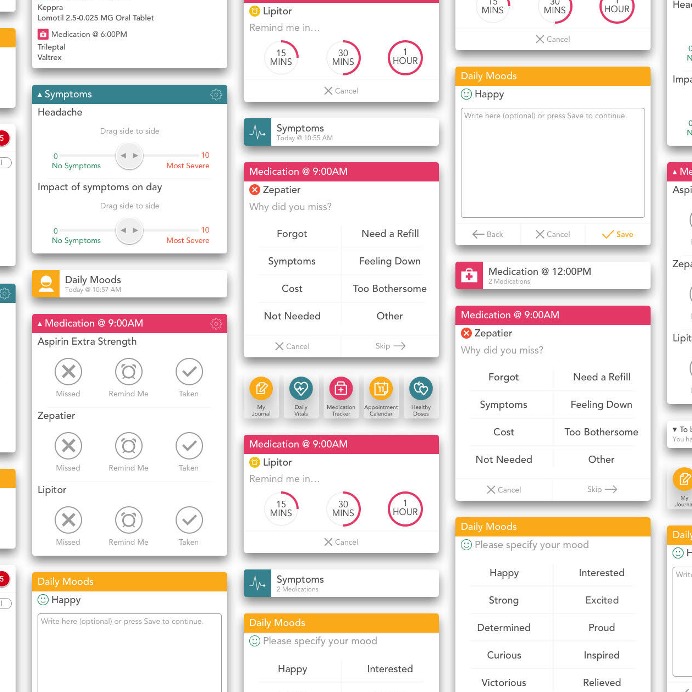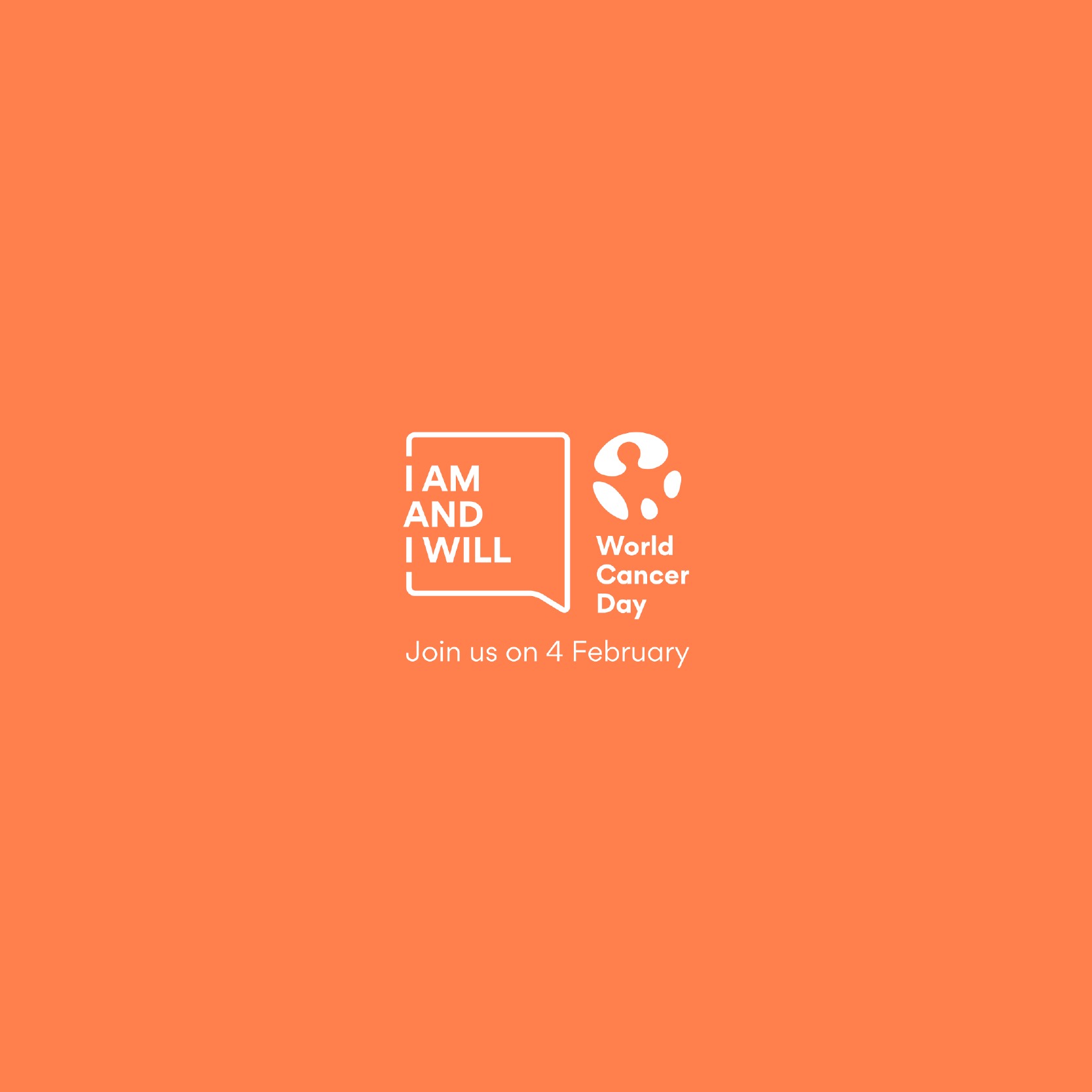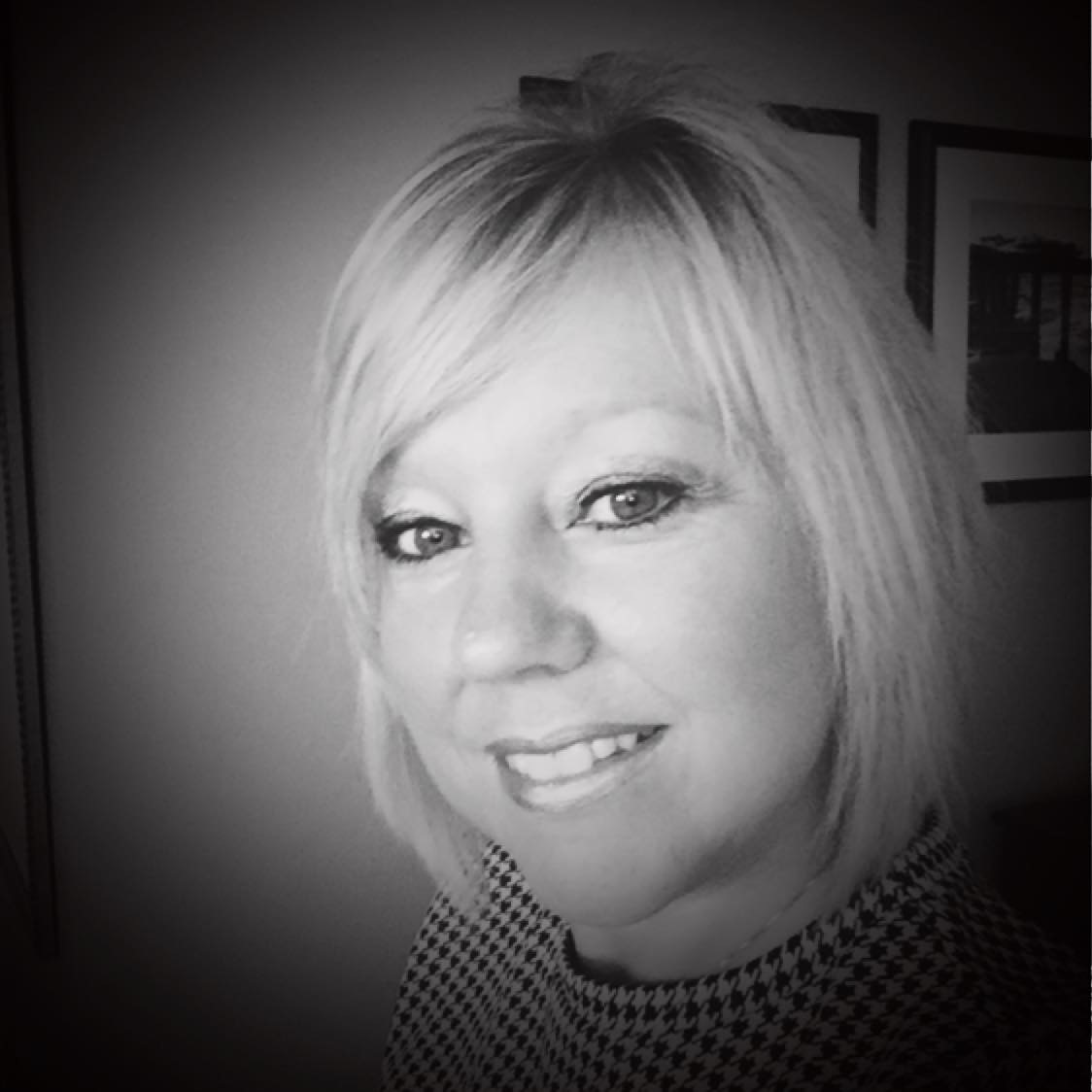By continuing to use our site, you consent to the processing of cookies, user data (location information, type and version of the OS, the type and version of the browser, the type of device and the resolution of its screen, the source of where the user came from, from which site or for what advertisement, language OS and Browser, which pages are opened and to which buttons the user presses, ip-address) for the purpose of site functioning, retargeting and statistical surveys and reviews. If you do not want your data to be processed, please leave the site.
The Voice of People With Breast Cancer
Education
Our Voices Blog
Category : Taking Action
Biosimilars for Cancer: Recent updates to patient treatments
Over the last few years CBCN has been working to educate patients, physicians and the broader cancer advocacy community about biosimilar therapies. From our curated digital magazine on biosimilars to our recently released white paper Breast Cancer & Biosimilars: Recommendations on Use, Implementation and Patient Communications-CBCN is committed to raising awareness about the use of biosimilar therapies for treating breast cancer.
How your donations help support those who need it the most
It’s that time of year again! Yesterday you took advantage of all the amazing Cyber Monday deals, gearing up for the holidays and enjoying this festive season with the ones you love. It’s also the time of year where many people start to think about giving to others in need. Since today is Giving Tuesday, we wanted to give you a glimpse into the resources your donations to CBCN help support.
Why should where you live determine your quality of care? Our new campaign highlights the differences in access to treatments for mBC across Canada
Did you know that accessing treatments for stage IV metastatic breast cancer (mBC) is not universal across Canada? We live in a country that promotes universal health care to all but accessing cancer treatment varies by each province.
Pharmacare 2019: Where do Canada’s federal parties stand on a national drug access plan?
Timely access to medications is a key concern for any breast cancer patient, but drug access in Canada has long been a minefield to navigate. Inequitable access to medications across provinces, drug shortages and long wait times to access new treatments are just some of the issues patients and their families routinely encounter in their quest for treatment. National Pharmacare-a plan to reimburse prescription medications in a similar fashion as our healthcare system-has often been proposed as a solution to many of the drug access issues that Canadians currently experience. While Pharmacare has been debated nationally for a long time, it is only recently that the idea has gained real traction and momentum.
An app that helps you during your treatment and beyond
Self-care during treatment is so important for maintaining not only a good quality of life but your sanity as well. From doctors appointments, to managing the emotional aspects of a breast cancer diagnosis, there’s a lot to juggle. We’re excited to announce our new partnership with Self Care Catalysts and our Health Storylines mobile app.
Here’s what you need to know about the federal government’s Implementation of National Pharmacare report
On June 12th, the Advisory Council on the Implementation of National Pharmacare released their final report looking at the implementation of a national program to address the inequities that Canadians currently face when it comes to drug access. It outlines 60 recommendations, steps to implementation and key details on things like co-pay, budget costs, strategy for rare diseases, and impacts on patients and providers. Below, we’ve summarized these key details for you to better understand how this new plan for pharmacare would impact you and your family.
Our new white paper: what are patients and physicians saying about biosimilars in breast cancer?
We talked a lot on this blog last year about biosimilars; what they are and why it’s important to know about them. With the entry of biosimilars in the breast cancer treatment landscape due later this year, there are still questions and discussions about how it will affect current and future breast cancer patients. To help understand these questions and perspectives, we decided it was important to bring together those people who are impacted the most: patients and physicians.
How can we ease the financial burden of breast cancer?
When you are first told you have breast cancer, your thoughts can immediately turn to your mortality and how to best save your life. You worry about how your diagnosis will affect your family, spouse or kids. More and more, the realities of the disease begin to set in and the impact it can have on your finances becomes more apparent.
I Am And I Will this World Cancer Day
World Cancer Day on February 4th gives us a chance to reflect on 2018, the work we’ve accomplished and the work that still needs to be done. This year, WCD has a brand-new message: I Am And I Will.
Meet Cathy Hemeon, CBCN’s new board member
The Canadian Breast Cancer Network is pleased to welcome a new member to our board of directors. Cathy Hemeon of Mount Pearl, Newfoundland brings many years of experience in the health care field to her new role. She, like all CBCN board members, is also a breast cancer survivor. She was diagnosed in February 2016 with Stage I triple positive breast cancer following a screening MRI.













